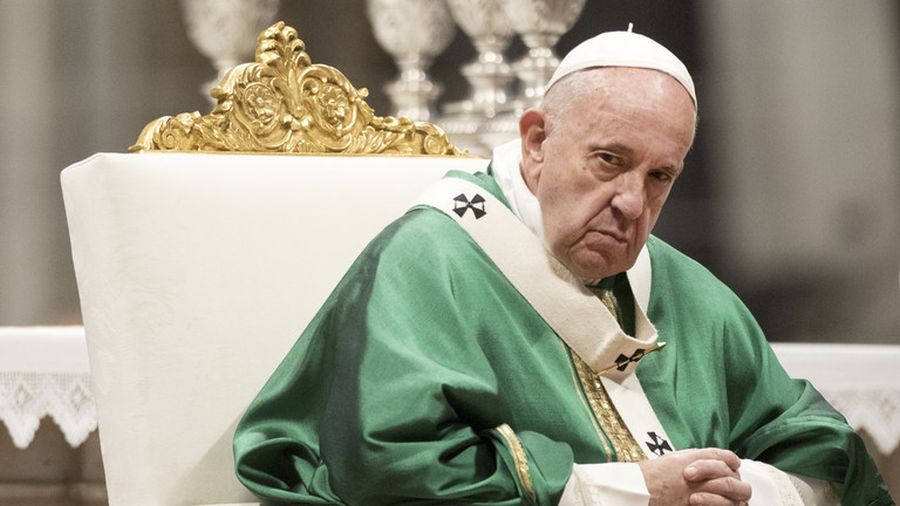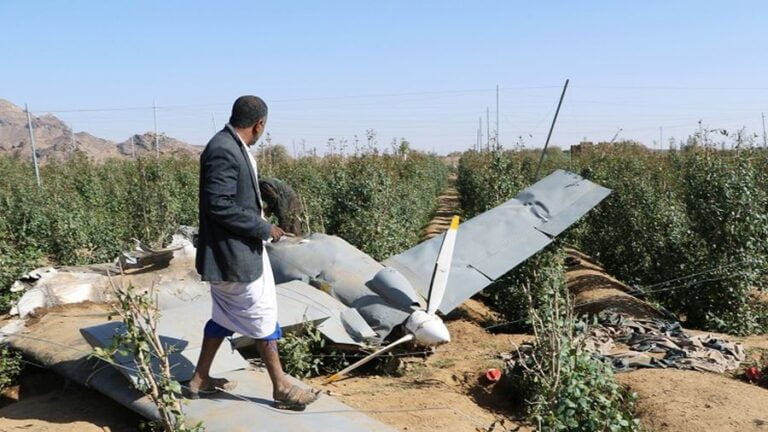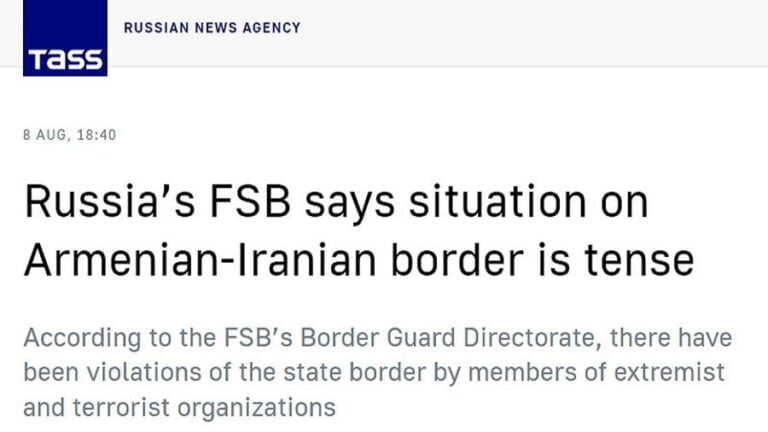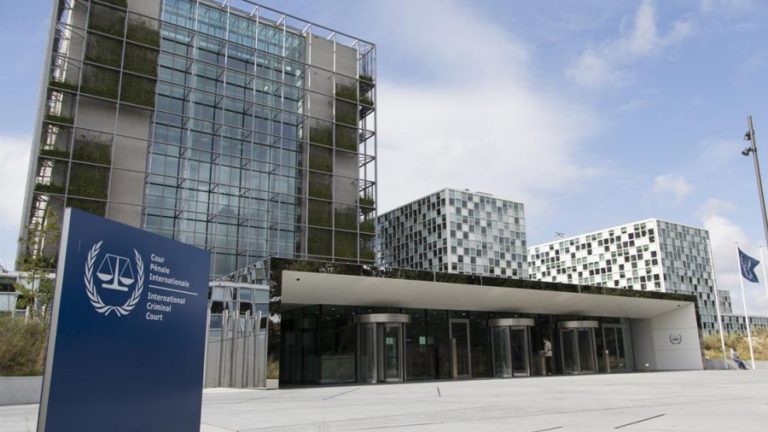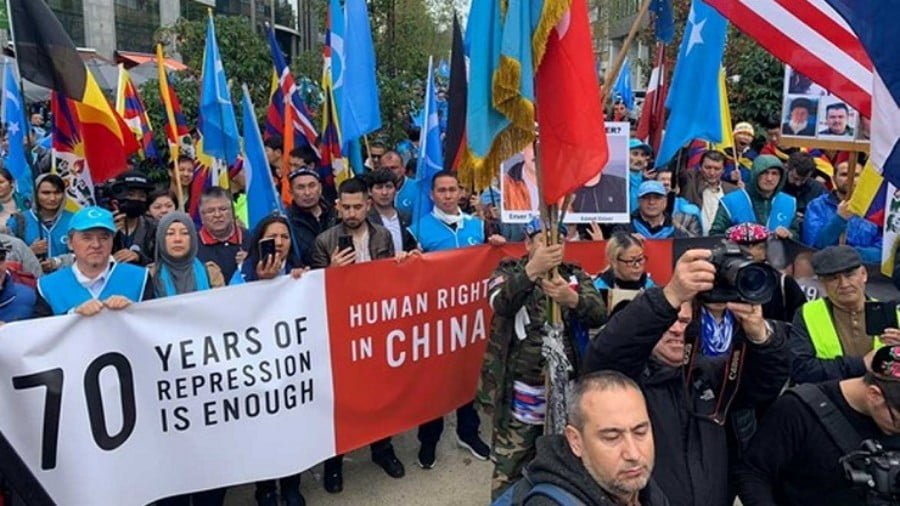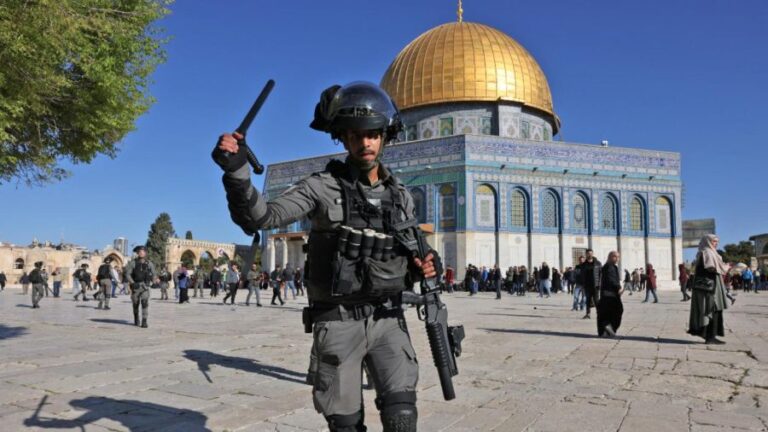Not Even Pope Francis Is Safe from Kiev’s Wrath
After mentioning the death of Darya Dugina, a young Russian journalist and political activist, Pope Francis has faced the anger of Kiev, which apparently thinks it has the monopoly on “innocence.”
For the past six months, Kiev has lashed out at various government leaders and international organizations, like Amnesty International, for example, which reported on Ukraine’s violations of international law on the battlefield. So it was just a matter of time before the Catholic Church got an earful, too. And that’s what happened this week when Pope Francis, addressing a congregation in the Vatican, mentionegd the death of Darya Dugina, whose life was cut tragically short by a car bombing.
But before uttering the name of the deceased Russian woman, the Pope acknowledged the innocent victims on both sides of the conflict.
“Whether they are Ukrainians or Russians … I think of so much cruelty, of the many innocents who are paying for the madness, the madness of all sides because war is madness,” Pope Francis told his flock. “I think of the poor girl (Darya Dugina) who was blown up by a bomb under her car seat in Moscow. The innocent pay for the war.”
That seems to be a fair assessment of the horrors of warfare that few could find fault with. While government leaders are ultimately responsible for leading their people into the “madness of war,” it is the “innocent” people – from soldiers on the frontlines to civilians back home – who suffer the brunt of the consequences.
Yet, like a true politician, Ukraine’s Vatican ambassador Andrey Yurash politicized the Pope’s words, saying it was impossible to call Dugina “innocent” when she – together with her prominent father, the political philosopher Aleksandr Dugin – advocated on behalf of Moscow’s special military operation in Ukraine.
There are several problems with Yurash’s peculiar brand of moralizing, the first one being that he, much like the Western world in general, conveniently fast-forwarded past eight years of bloodshed in Donbass that has caused millions of people – not just “political ideologues” – to support Russia’s intervention in eastern Ukraine in the first place. I’m not sure what Mr. Yurash was tweeting about in 2014, but somehow I doubt it had anything to do with the unprovoked attacks on Russian speakers in Donbass that have killed thousands.
Second, it was telling how the Pope’s use of the word “innocent” when applied to Darya Dugina triggered such a powerful response from someone who calls himself a diplomat. What’s more, in his tweet, Yurash went on to apparently insinuate that it was the Russians themselves that killed her in order to make her a martyr.
In any case, perhaps the diplomat’s response was to be expected since, as the anti-Russian narrative goes, there are no ‘innocent Russians’ to be found on the planet. They are simply extinct, and in fact may have never existed in the first place. Simply being Russian means guilt through association, that is, association with oneself. Just ask Estonian Prime Minister Kaja Kallas who, in an effort to spare the European continent from those treacherous Russian tourists, is calling for a full visa ban to mitigate the “security threat.”
In fact, all things considered, it was akin to a miracle to hear Pope Francis, the main religious leader of the Western world, not only mention Dugina’s assassination, but to go so far as to call a Russian citizen “innocent.”
The entire world should seriously heed the Pope’s words, which I believe were spoken quite deliberately. The Bishop of Rome may have his faults, but he has been one of the few voices of reason throughout the last six months of “madness.”
In June, Pope Francis challenged the Western narrative that says Russia is to blame for the hostilities in Ukraine, full stop. He did this by alluding to a conversation he had with a “very wise man” who he declined to name. This person told him: “They [NATO] are barking at the gates of Russia. They don’t understand that the Russians … can’t have any foreign power getting close to them.”
The individual continued: “We do not see the whole drama unfolding behind this war, which was … either provoked or not prevented.”
What lessons can we take away from this? Perhaps the most applicable one comes straight from Holy Scripture, which says, ‘May he who is without sin cast the first stone’. Those words should silence many people on both sides of the conflict.

